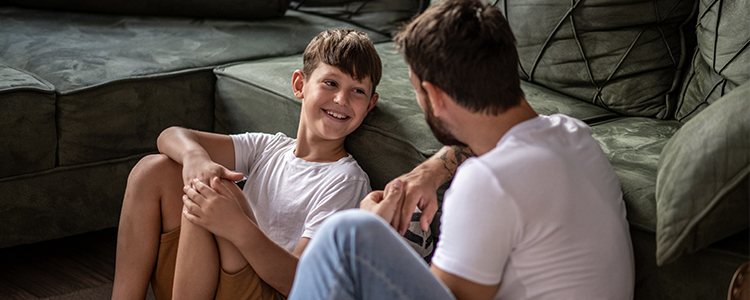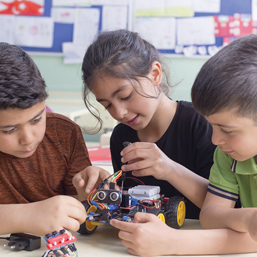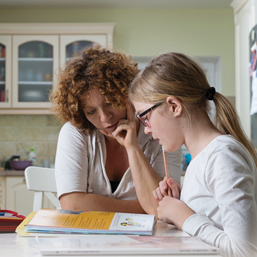



The arts. Schools are redefining what it means to be ‘smart’ through unconventional means: the arts. Research shows studying the arts may not only help students get good grades, but is linked to social and emotional development, problem-solving, cognitive ability, critical thinking, creativity, empathy, innovation, collaboration, leadership, and a wide range of higher-order thinking skills. Reinforcing the benefits of creativity in his ground-breaking book, A Whole New Mind, Daniel Pink argues that creative individuals are the ones poised to become successful and rule the world.

Can you please bring me my Chromebook?’ Said the text message I received from my eighth-grade son. Out of my three kids, he wasn’t the worst offender for forgetting important items for school at home. His twin sister easily won that prize by texting me to bring her homework, lunch, or gym clothes twice as often as he did. ‘I’m on my way,’ I texted back to my son.

Navigating and advocating the school system when your child is diagnosed with special needs can be very daunting. However, as the parent of a child with special needs, you hold out hope, belief, and a yearning that the school system and all those who work within the system have your child’s best interests and well-being at heart. Unfortunately, in some cases, that is not the way it appears.

Homework serves many helpful purposes. Students learn how to follow through on lessons taught in the classroom. Homework tests a student’s comprehension of material that has already been covered in class so that learning gaps can be caught early. Finally, homework teaches kids how to focus in other locations outside of school. The ability for a student to settle down and get to work on a project is a skill that serves them not only in school, but throughout the rest of their lives.
Calgary’s Child Magazine © 2024 Calgary’s Child